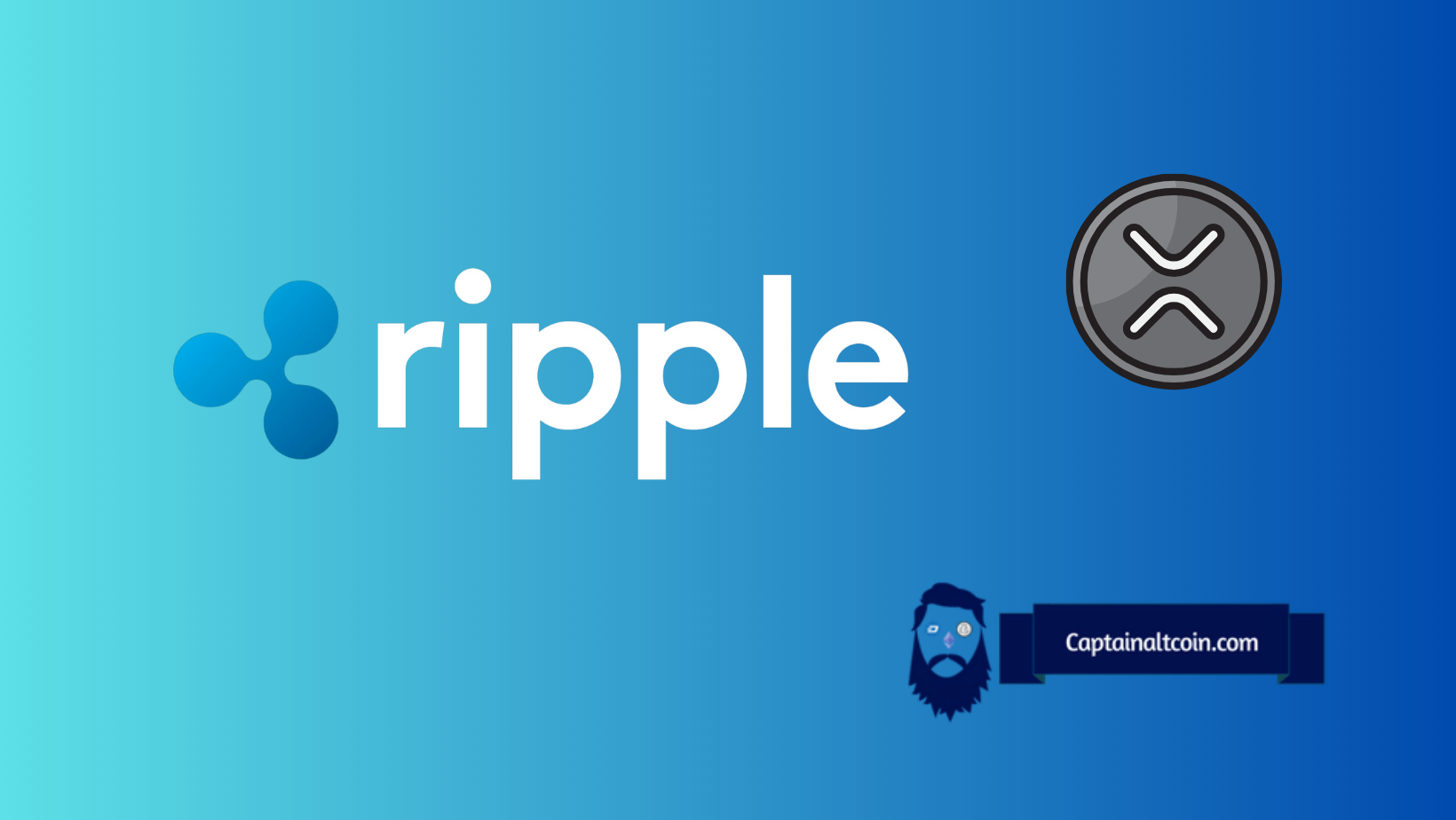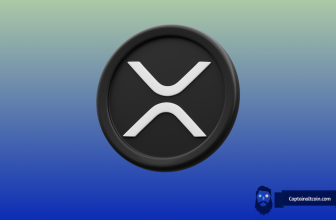
As investors, we’ve been deliberating the merits of holding the XRP token versus owning stock in Ripple once the company goes public. There are solid cases to be made for both options.
On the XRP side, the arguments for upside are compelling. As a currency, XRP benefits from growing real-world utility as a fast and cheap cross-border payment system. The more it’s used, the more valuable it should become.
XRP also has speculative appeal and first-mover advantage in the crypto space. Many expect it to continue appreciating purely as a digital asset investment, regardless of Ripple’s success.
Plus, XRP is accessible now to regular investors. Ripple stock will likely require accredited investor status when it IPOs. The high bar to entry gives XRP an edge for the average retail trader.
Ripple to go public?
Ripple Labs Inc., the company behind the XRP cryptocurrency, has not yet officially filed for an Initial Public Offering (IPO), although there have been several indications that the company is considering this option. Ripple CEO Brad Garlinghouse has stated that the company aims to go public once its legal issues with the U.S. Securities and Exchange Commission (SEC) are resolved.
In April 2023, Ripple reportedly held a private “road show”, which is a type of event where a company meets with potential investors and gauges interest in an initial public offering. The event was attended by several institutional investment firms.
While it is technically possible to purchase Ripple stock before the IPO, such opportunities are typically only available to accredited investors, not retail investors. These investments are usually made through private equity investment platforms. However, as of now, Ripple stock is not currently being offered on any known private equity investment platforms.
Ripple was valued at $15 billion in 2019 after raising $200 million through a Series C funding round. The company bought back the shares from investors who participated in the financing round, which is a bullish sign despite the ongoing SEC lawsuit.
Buying Ripple stock offers some unique advantages. Owning shares represents a direct stake in Ripple’s future revenue and profits. As the company grows, stockholders will benefit.
Stock also comes with investor rights that a digital token does not. And the volatility of crypto creates larger risks than holding stock in a profitable company with real assets.
In the end, we currently lean toward a mixed strategy, owning some XRP for its cryptocurrency upside while awaiting chances to invest in Ripple equity.
But one thing is clear – the debate over XRP versus Ripple stock is far from settled. For now, XRP remains in the lead for feasibility. But the scales could tip once Ripple goes public. It’s an interesting dilemma we’ll keep monitoring.







